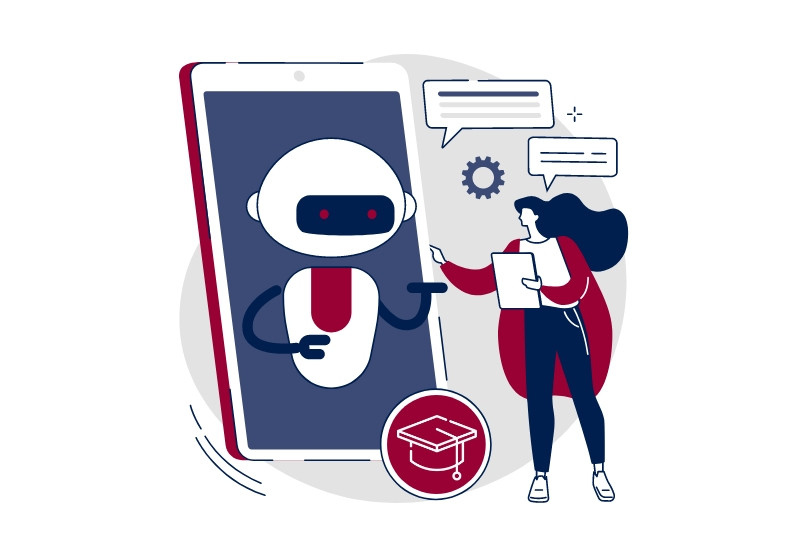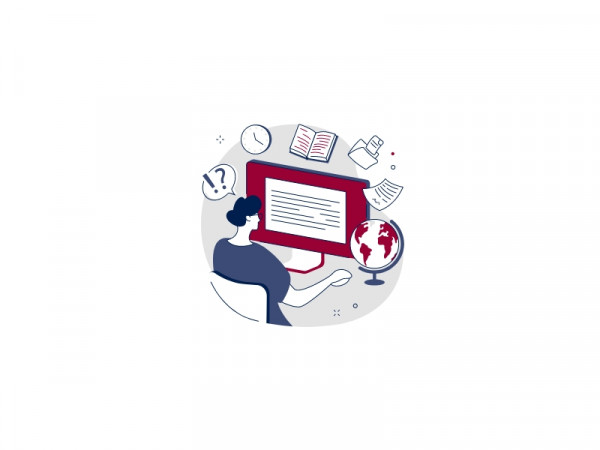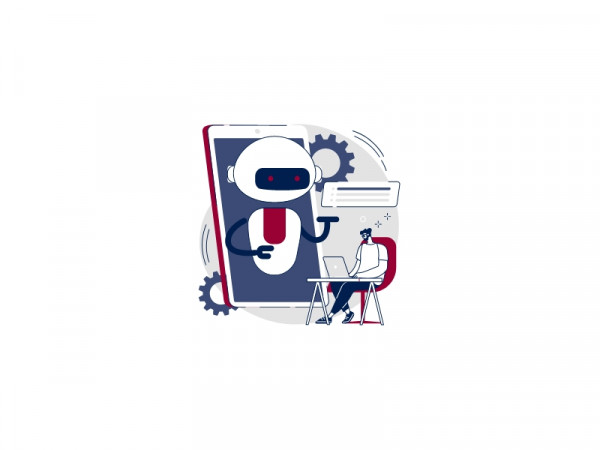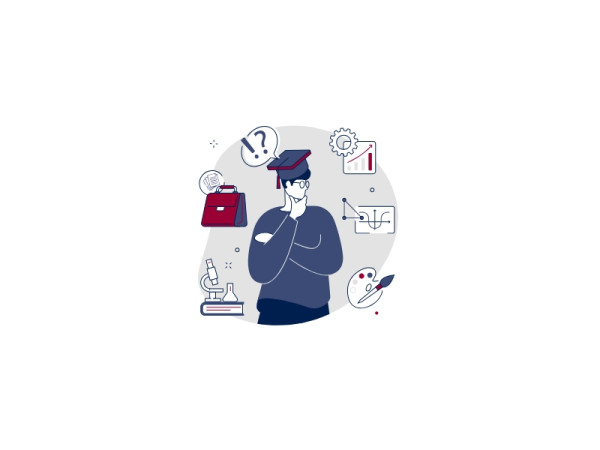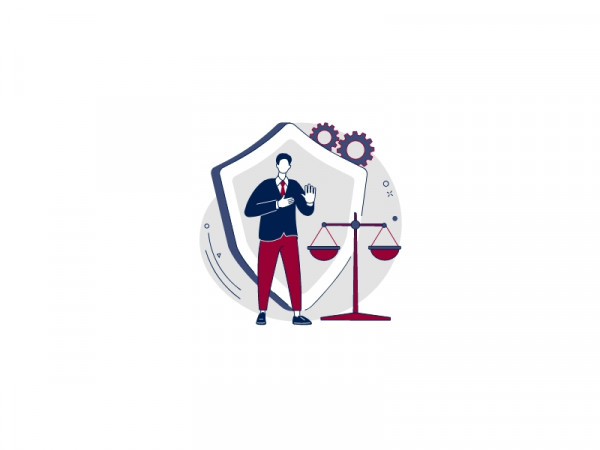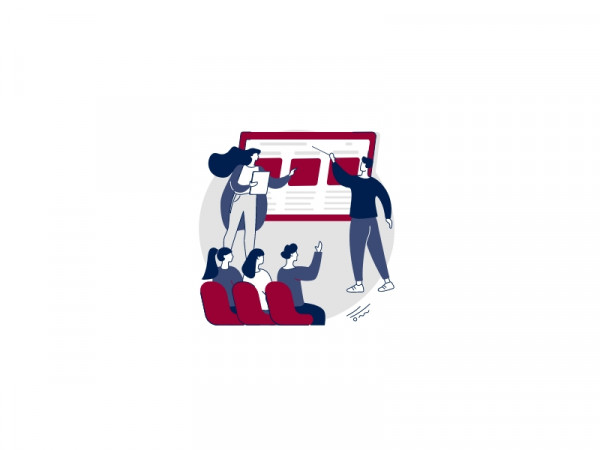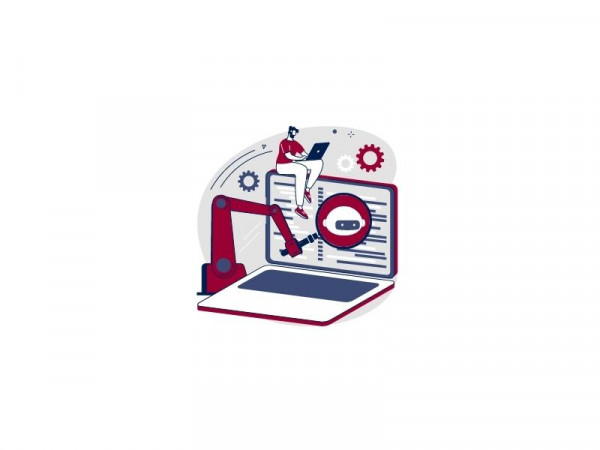The rapid development of technology, particularly artificial intelligence (AI), has brought many benefits to our daily lives. However, this technological advance is not without consequences for academic integrity. In the age of AI, the opportunities for cheating have multiplied, challenging educational institutions.
In this academic context, a central question persists: is using ChatGPT cheating?
We'll be answering this question in this article, to find out whether using chatgpt can be considered cheating, or even plagiarism. We'll also explore fidings and solutions to preserve academic integrity.
Contents:


